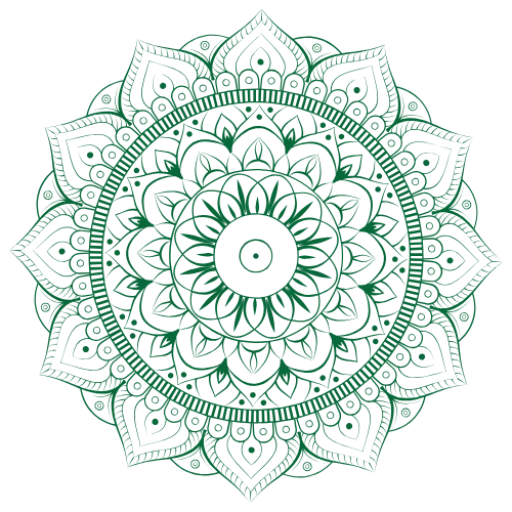
I started studying yoga about eight years ago. At the time my breath was often shallowly, my shoulders were hunched and I had a painful tension in the upper part of the back and neck. Yoga practise helped me to learn how to expand my ribcage, how to use the lungs to their maximum capacity and how to control the breath. I learned that normal breathing should be deep, slow and rhythmical.
Now. Whenever I feel something is bothering me, and I can’t find a solution – sitting down and listening to the breath – really helps me to calm down my mind. Breathing exercises are a wonderful way to reduce anxiety, agitation and stress and do promote relaxation, calm and inner peace. For me, it is a practise of love. Of self-love. 🙂
Prana Yama
Pranayama is often split into ‘prana’ and ‘yama’ translating it into ‘breath control’. However, it is actually comprised of the words ‘prana’ and ‘ayama’, which means ‘pranic capacity or length’. Pranayama is more than just controlling the breath. Its primary purpose is to awaken prana which is already present in the body but sometimes stagnated, to maintain a healthy body and mind, and to prepare ourselves so that we can become aware of the more subtle levels of our existence. Pranayama calms and strengthens the mind and creates a feeling of internal space.
Pranayama involves the complete mastery of the length, volume, flow, and quality of the breath. The rib cage is made to open completely so that the lungs can fill and empty themselves consciously. Control of the diaphragm is fundamental to achieving this. Observing and quieting the diaphragm calms the mind and emotions.
By breathing we do not only inhale air but also prana. Prana can be explained as subtle energy. It is thought that control of the Prana leads to control of the mind. Prana is the universal life force pervading the cosmos; it is subtler than air.
“Pranayama is the link between the mental and physical disciplines. While the action is physical, the effect is to make the mind calm, lucid and steady”
SwamiVishnu-Devananda
*
Acknowledgement:
Prana and pranayama, Swami Niranjananda Saraswati, Yoga Publications Trust, Munger, Bihar, India
Four chapters on freedom, Swami Satyananada saraswati, Yoga publications Trust, Munger, Bihar India
Hatha Yoga Pradipika, Swami Muktbodhananda, Yoga publications Trust Munger, Bihar, India
www.wikipedia.nl
Address: Parimukti Yoga Center, Kanira Homes,
Girkarwaddo, End of Magic Park Road,
Arambol, 403524,
Goa, India
Phone: +919637521278
Email: info@parimukti.com
Website: https://parimukti.com/
Yin Yoga Training Goa | 200 Hour Yoga Teacher Training Goa | Meditation Teacher Training Goa
